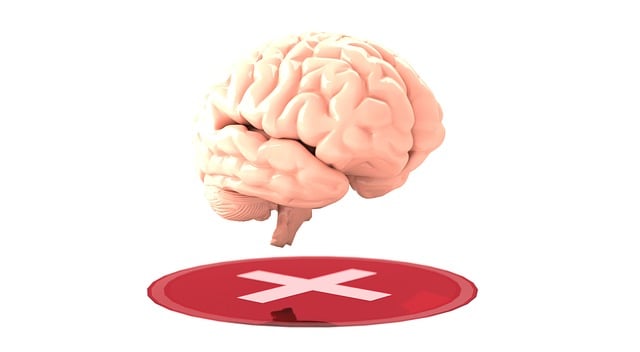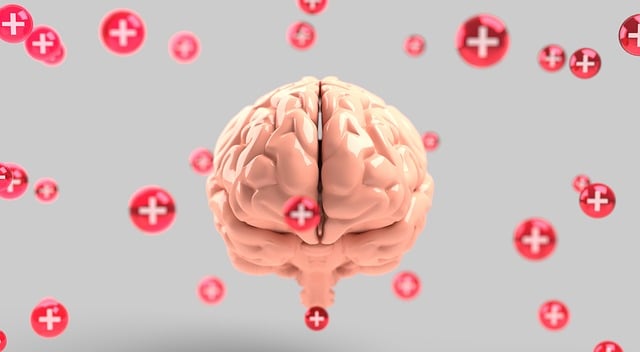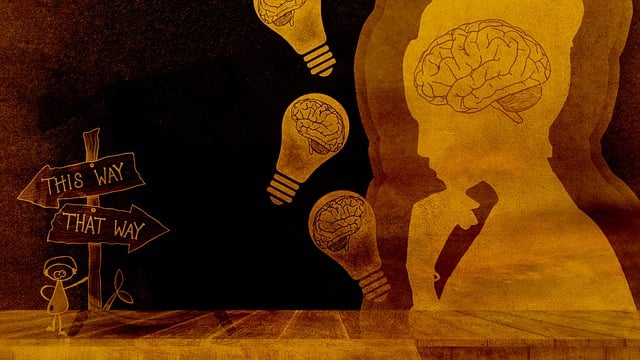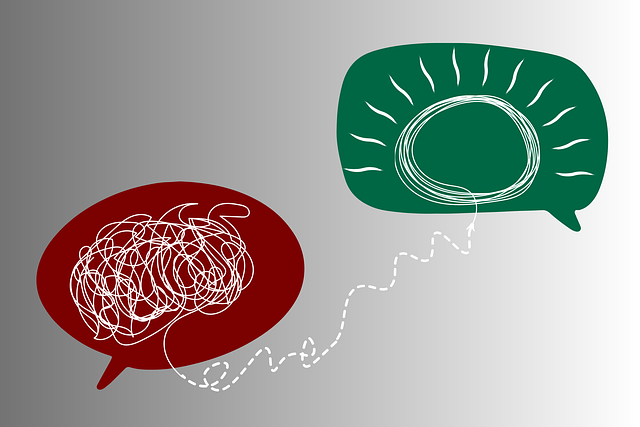Mental health professionals tackling complex issues like Golden Child Abuse Therapy (GCAT) require robust risk management strategies. They must navigate sensitive topics, cultural differences, and client vulnerability while maintaining confidentiality and child safety. By staying informed, cultivating cultural sensitivity, and using evidence-based stress management, therapists can provide tailored services, build trust, and create safe spaces for healing in GCAT. Effective risk planning involves self-awareness exercises, public education on mental wellness and abuse recognition, and comprehensive care strategies from initial assessment to long-term follow-up.
Mental health professionals confront a unique set of risks, especially when dealing with vulnerable populations. This article guides practitioners through essential risk management planning, focusing on a crucial aspect: Golden Child Abuse Therapy. We explore the complex ethical landscape surrounding this practice, providing insights into understanding and mitigating potential risks effectively. By delving into these strategies, professionals can ensure safe, compassionate, and ethical care, fostering healthier outcomes for their clients.
- Understanding Risks in Mental Health Practice: A Foundation for Effective Management
- Golden Child Abuse Therapy: Navigating Complex Ethical Territory
- Developing a Comprehensive Risk Management Plan: Strategies for Mental Health Professionals
Understanding Risks in Mental Health Practice: A Foundation for Effective Management

Understanding risks in mental health practice is a foundational step for effective risk management planning. As mental health professionals interact with clients from diverse backgrounds, they encounter various potential hazards, including those related to sensitive topics like child abuse therapy (Golden Child Abuse Therapy). These risks can stem from factors such as complex client histories, cultural differences, and the inherent vulnerability of individuals seeking support for their mental well-being.
By recognizing these risks, professionals can foster resilience building within their practices. Mental health awareness plays a pivotal role here, enabling practitioners to stay updated on best practices, emerging research, and trends in the field. Additionally, cultural sensitivity in mental healthcare practice is paramount. Understanding and respecting diverse cultural beliefs and practices allow professionals to deliver tailored services, enhancing client outcomes and ensuring trust in the therapeutic process.
Golden Child Abuse Therapy: Navigating Complex Ethical Territory

In the realm of mental health therapy, Golden Child Abuse Therapy (GCAT) presents a unique and complex ethical challenge. This therapeutic approach, while innovative in addressing child abuse, navigates uncharted territory regarding confidentiality and potential harm to both the client and therapist. The delicate balance between fostering trust and disclosing information crucial for safety is a tightrope walk that requires meticulous risk management planning. Therapists must be adept at recognizing when to uphold confidentiality and when to prioritize the welfare of the child, especially in cases where there might be an ongoing risk of abuse or neglect.
Effective GCAT sessions heavily rely on building a strong therapeutic alliance and boosting client confidence. Burnout prevention strategies for healthcare providers are essential here, as therapists must maintain their emotional resilience to avoid vicarious trauma. Stress management techniques can enhance the therapist’s ability to handle these complex cases while ensuring they remain objective and focused. By integrating evidence-based burnout prevention strategies and focusing on personal well-being, mental health professionals can confidently navigate the ethical labyrinth of GCAT, ultimately fostering a safe and supportive environment for healing.
Developing a Comprehensive Risk Management Plan: Strategies for Mental Health Professionals

Mental health professionals are often on the front lines when it comes to handling sensitive and high-risk cases, particularly in areas like child abuse therapy. Developing a comprehensive risk management plan is an essential strategy for mitigating potential hazards and ensuring optimal patient care. This involves creating structured protocols that encompass every aspect of practice, from initial assessment to long-term follow-up.
By integrating self-awareness exercises into their practices, professionals can enhance their ability to recognize and manage complex emotional scenarios. Regular engagement in these exercises fosters a deeper understanding of one’s own emotions and biases, enabling better boundaries and more empathetic interactions with clients. Additionally, public awareness campaigns development can play a pivotal role in risk management by educating the community about mental wellness, early recognition of abuse, and available resources, ultimately reducing the incidence of high-risk cases.
Mental health professionals must navigate complex risks and ethical challenges, particularly in sensitive areas like Golden Child Abuse Therapy. By understanding these risks as a foundational step, they can develop robust comprehensive risk management plans. Such strategies ensure safe practices, foster trust with clients, and protect the well-being of both patients and practitioners. Incorporating lessons from Golden Child Abuse Therapy, mental health professionals can enhance their resilience and effectively manage potential hazards.














